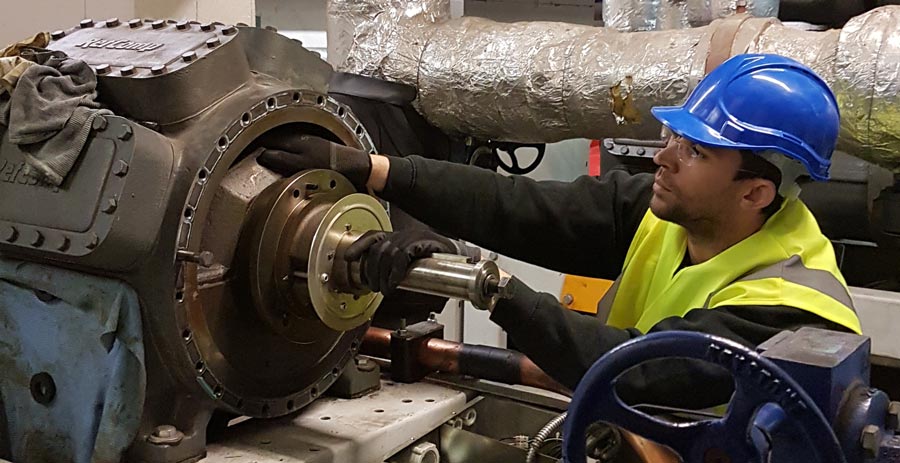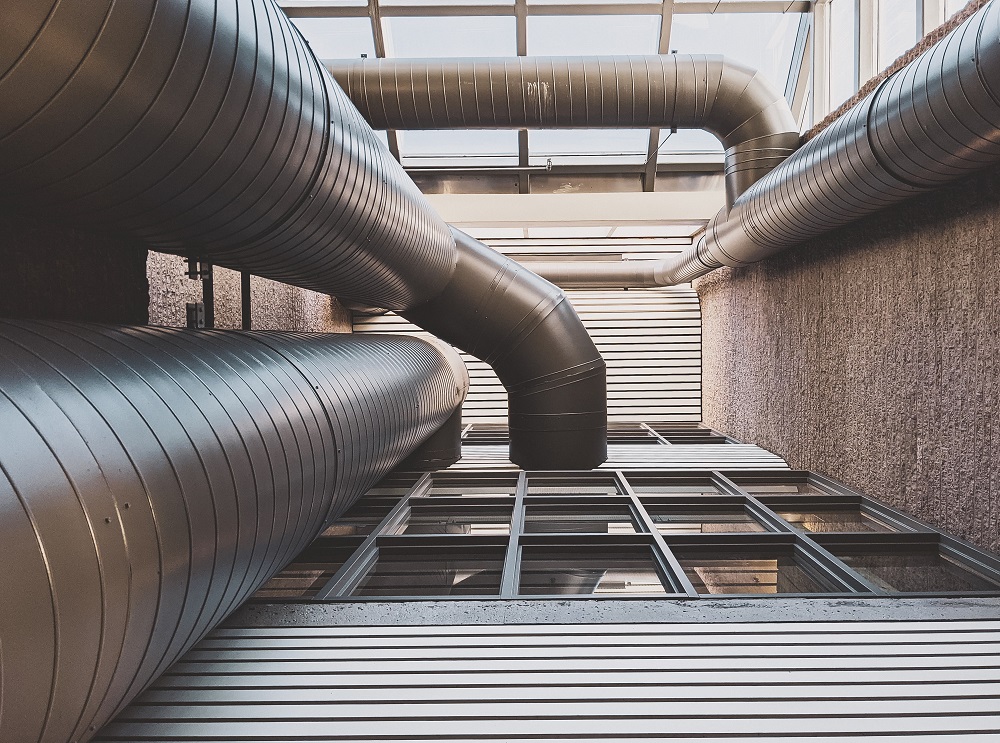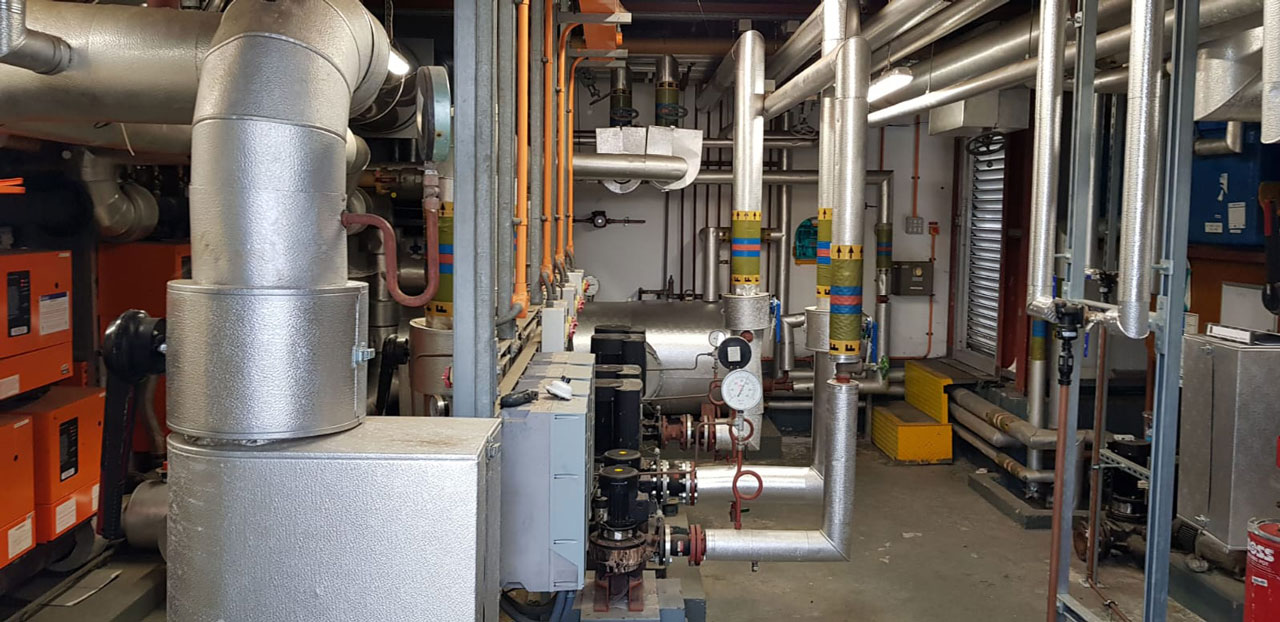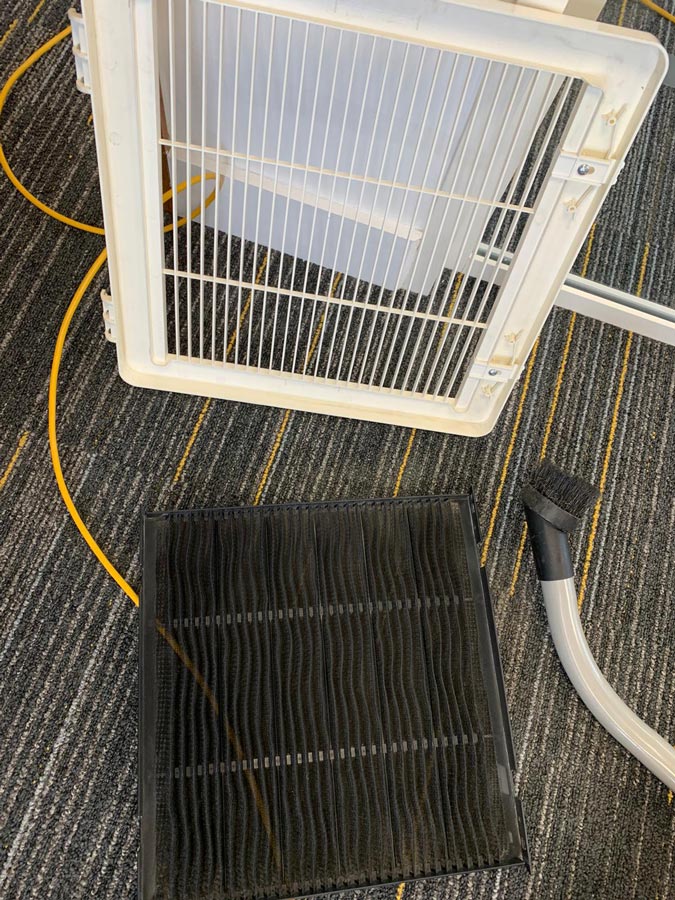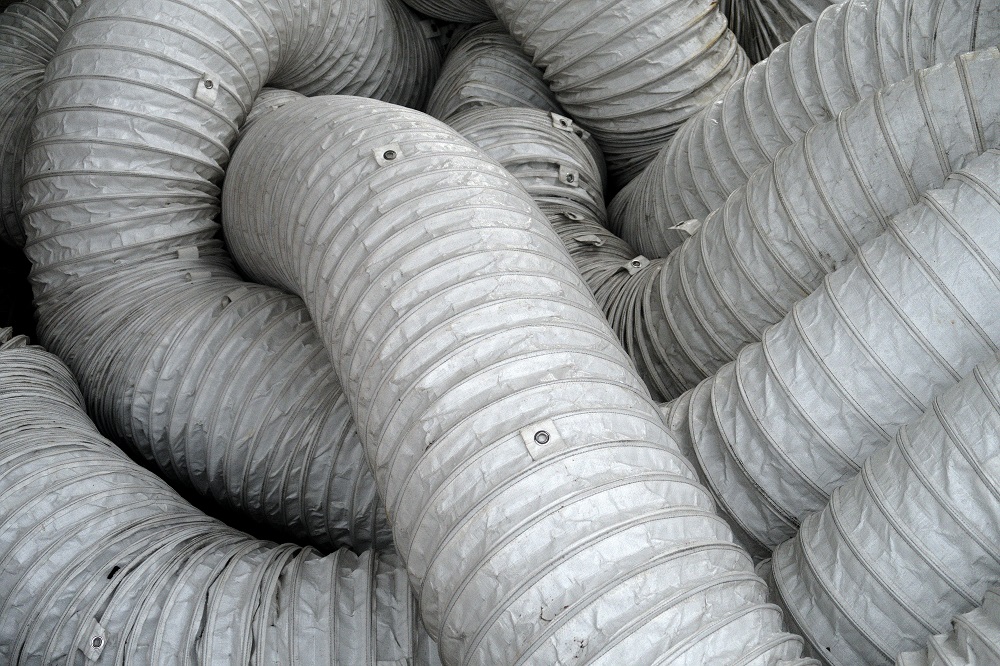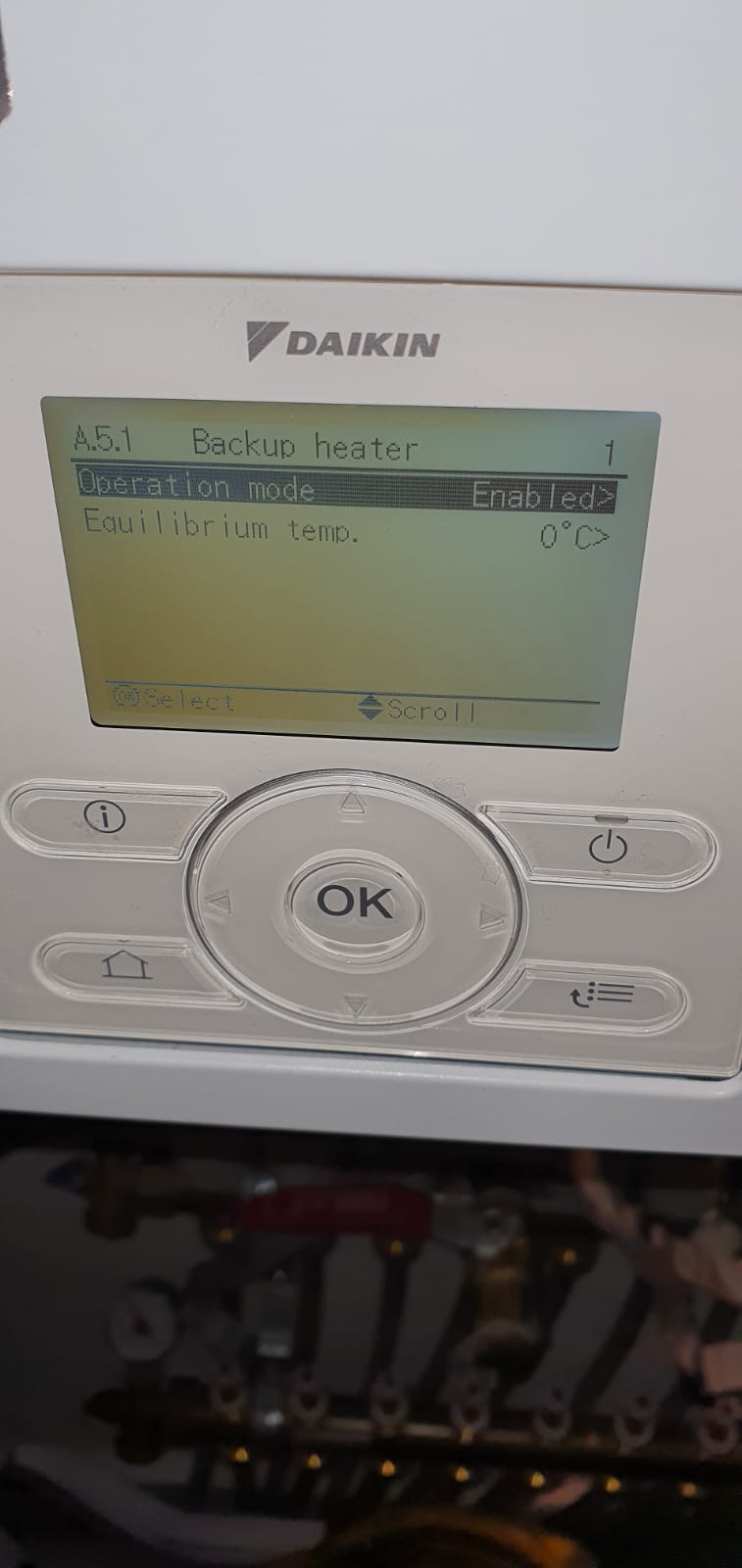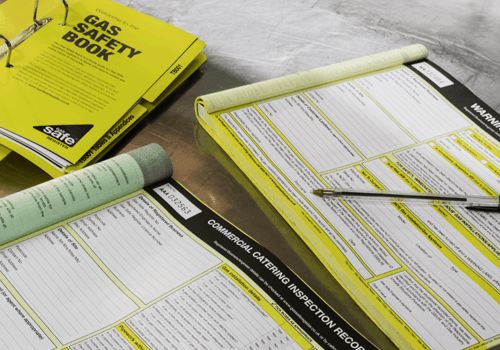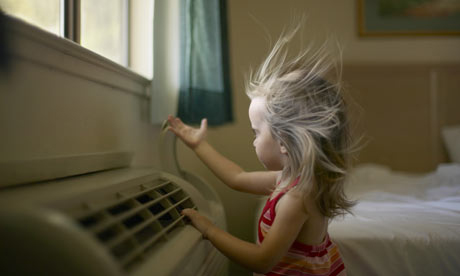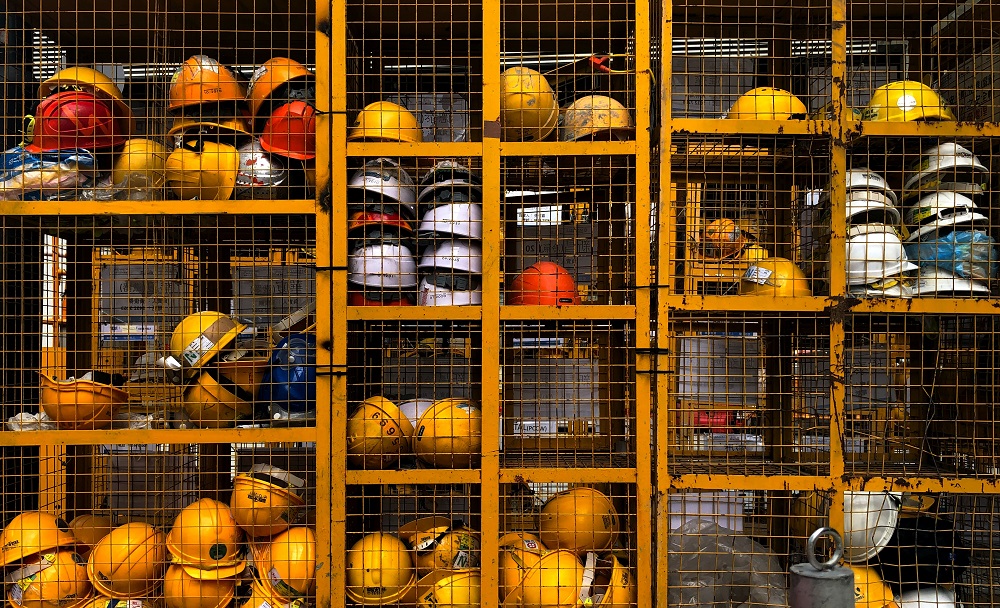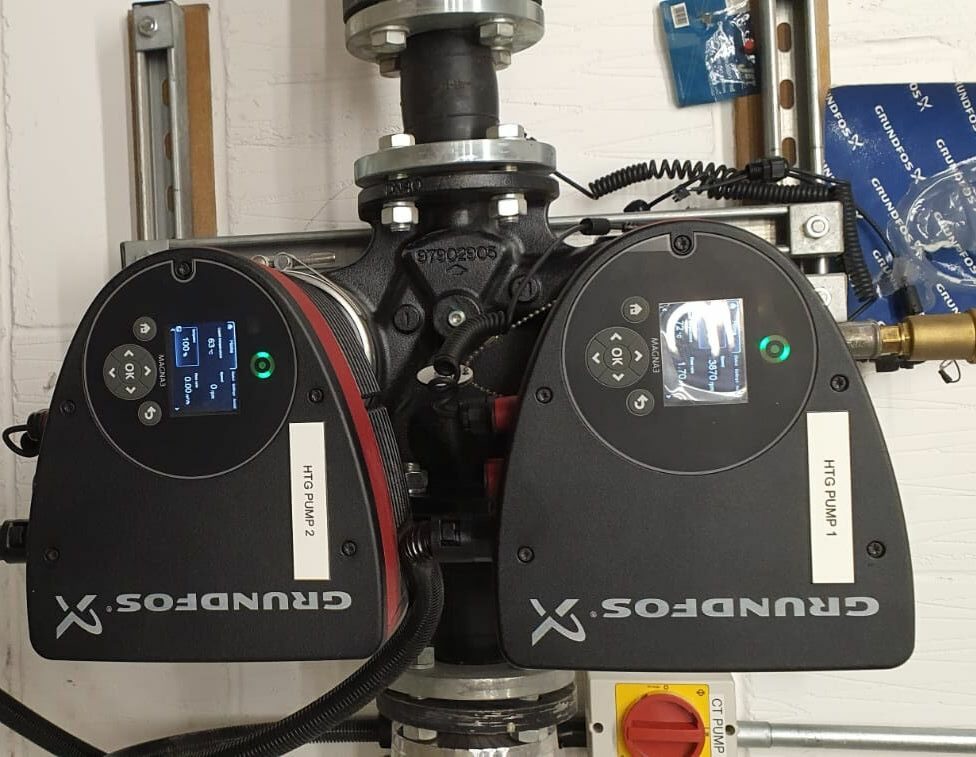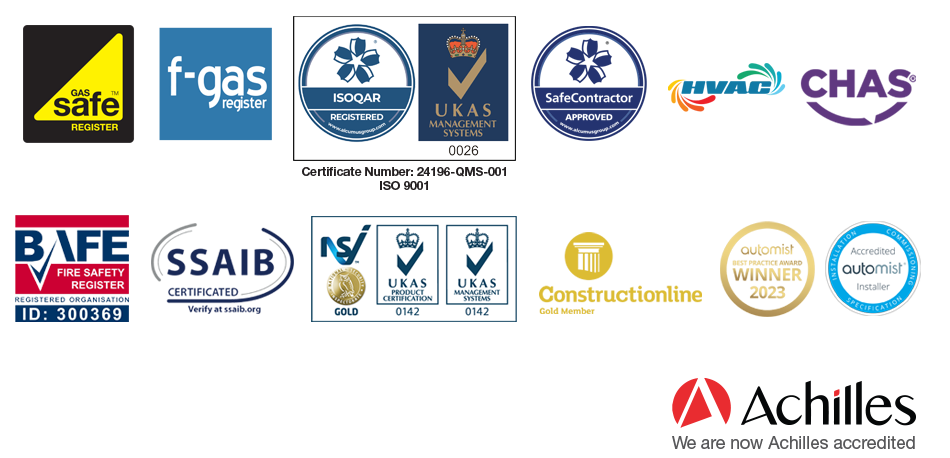Do you get your car serviced every year? Do you pay attention to warning lights if they come on, and take your car to a professional to diagnose and fix the problem? Of course you do. It helps prolong the life of your car, prevent expensive repair bills and make sure everything is running exactly as it’s supposed to. In fact, it’s so important that annual MOTs, which check the safety and efficiency of your vehicle, are a legal requirement. So why wouldn’t you do the same with your HVAC systems? Regular servicing can bring you a whole lot of benefits when it comes to HVAC systems, and we’re going to show you just 4 of them today.
Reduced Energy Bills
Let’s start with the big one. Energy bills have never been higher, and when energy bills for commercial properties can already run upwards of £5,000 a month, the last thing you want is for that number to go up. By having your HVAC system regularly maintained, you can keep your energy bills low. If your HVAC system is battling through dirty filters and leaking pipes, it’s going to take a lot more energy to keep producing the results you want for your building. But with regular maintenance, filters are changed, worn parts are replaced, pipes are cleaned, and problems are identified and fixed when they are still small. All of which means your system needs less energy to operate at full efficiency, and your energy bills are kept low.
Longer System Lifespan
HVAC systems aren’t cheap, and the last thing you want to do is keep replacing them every few years when something critical fails. Sadly, we see this happen with buildings that don’t have regular maintenance done, and by this point, there is often nothing we can do but decommission the old system and install a new one, with a maintenance contract in place. Even the most reliable HVAC system on the market needs to be looked after, otherwise, it will burn out in as little as 5 years. Regular maintenance keeps your system in good working order and gives it a much longer lifespan. Some of the systems we maintain are 15 years old!
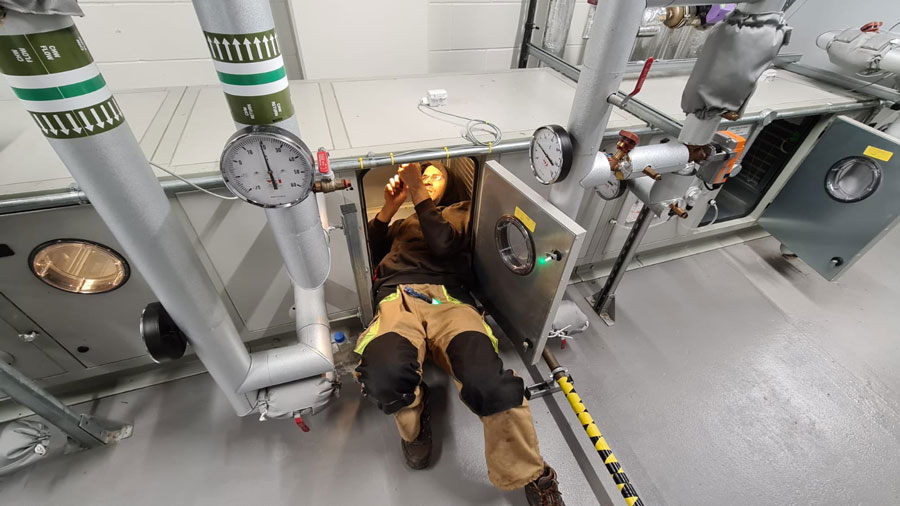
Avoid Big Repair Costs
If you’ve noticed a heating or cooling problem in your building, you probably already have a big repair bill on your hands. This is because HVAC systems are incredibly complex and sensitive, and almost all major issues start out as minor problems. Something as simple as a misaligned pipe, loose bolt or worn part could cause thousands of pounds in damage if it’s not noticed quickly. Regular maintenance checks look for exactly this kind of thing so that we can spot the issues and fix them while they’re still small. And minor repairs are cheap – or the cost is included in your package depending on the maintenance company you use. So while you will be paying regularly for maintenance, it’s still much cheaper than the emergency repair bills would be!
Energy Saving Tips
Finally, during your routine HVAC visit, your technician may be able to spot little things you could do differently to improve the energy efficiency of your system. This could be something as simple as having your ducts cleaned and sealed, upgrading to a new part or suggesting a new air filter that delivers better results for less energy. Working with an HVAC maintenance team means you gain access to the experts on a regular basis, and they are always more than happy to pass on their knowledge to you!
In short, maintaining a relationship with an HVAC maintenance company could be the best decision your make for both your business and your wallet. At Bonus Eventus Maintenance, we specialise in the routine maintenance and servicing of HVAC systems of all shapes and sizes. We design maintenance packages to suit your system and needs, to ensure everything works in an energy-efficient manner. Depending on the condition of your system, we could save you between 10% and 40% on your energy bills through proper maintenance, repair and prolonged system lifespan. If you’d like to know more about how you can save 10% or more on your corporate energy bills this year, just get in touch with the team today to book your free consultation.
